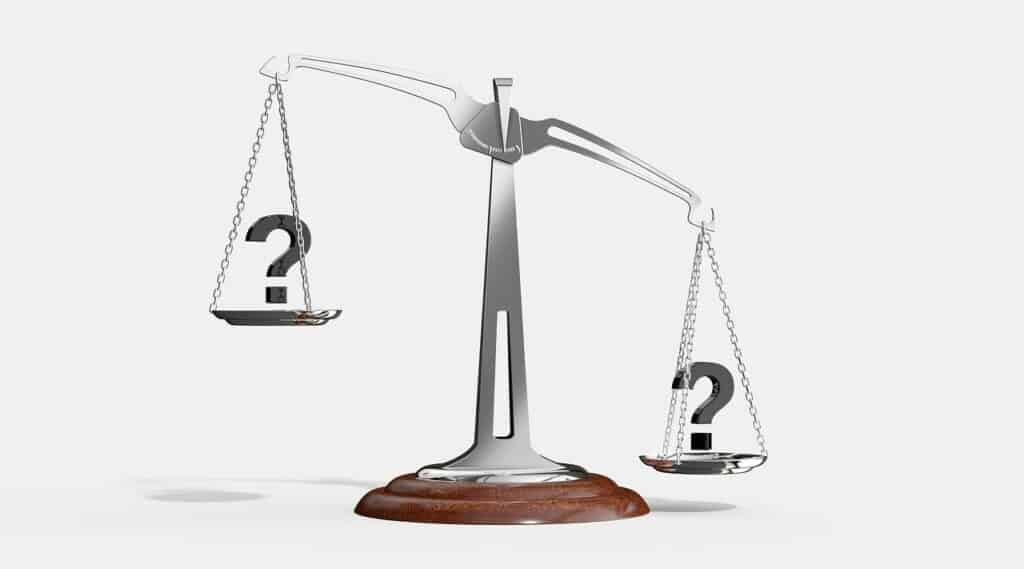
Buy and hold seems to be the leading stock strategy and typically the standard response when asked whether or not you should sell your stock is to hold. But, its always bothered me. There are, some things to keep in mind when selling one stock to buy another.
When selling a stock to buy another, outline your sell strategy prior to purchasing the stock. A profitable stock sale triggers a capital gains tax and buying another stock shortly after will not nullify the tax. A wash sale occurs if you re-purchase the same stock sold at a loss within 30 days.
Outlining your sell strategy is a great way to keep emotion out of your investment decisions. However, there are a lot of situations where on the fly thinking may be required and its important to weigh the costs and benefits of making any stock sale.
Technical Aspects of Selling one Stock to Buy Another
Sometimes it is not as simple as you may think trading one stock for another. Brokerages and technical rules may get in the way.
Although I have not experienced this myself it seems many investors need to wait for cash to clear from one sale in order to buy another stock. This typically takes 3 days. To some traders this could mean the difference of thousands of dollars in gains.
So how do you avoid this issue?
Fortunately, there are a lot of brokers and account types that don’t require this clearing time. Interactive Brokers for example allows me to trade in a cash account and immediately buy and sell securities with no downtime.
I also utilize Webull in a margin account. With a margin account type, I don’t need to wait in order to buy another stock.
But, you do need to be careful not to leverage yourself accidently in a margin account. If you buy more stock than cash you have available you will need to pay margin rates. Which is essentially a loan fee.
Tax Advantages and Wash Sales
When deciding whether or not to sell a stock you will need to pay attention to when you are selling the stock and how much in capital gains you have accumulated throughout the year.
It may be advantageous to hold onto a stock into the next year in order to keep your tax bill lower.
However if your young, I’d tend to not worry as stock earnings typically are not in the hundreds of thousands. It is more advantageous to buy a cheap stocks than it is to worry about taxes. This is often the case until you are trading millions of dollars.
A wash sale occurs when you sell and then buy the same stock within 30 days. It only applies to losses, so the government can avoid individuals gaming the system. If you sell any stock for a profit you will never have a wash sale occur.
So obviously there can be advantages to selling a stock at a loss and then buying that same stock later in the year, but there are less advantages to doing this when you have profited off a sale.
If you have profited off a stock you can buy the same stock back at any time, since there is no penalty, in fact in only benefits the government, since they get their taxes. So I would not suggest selling a stock just to buy it back unless you know for sure it will drop in price.
Outlining Your Stock Strategy Prior to Sale
Probably the most stressful part of investing is paper gains on your stocks and then constantly worrying about the stock dropping in price, wiping out those very gains. So often investors will sell before they should.
The best way to combat this problem is to outline your sell strategy prior to even buying the stock. You will want to stick to this strategy for a few years at least to see the benefits. Jumping in and out of strategies will almost always result in lower returns, since you are constantly breaking your rules.
My strategy typically involves buying below book value. I write about many of these stocks on Seeking Alpha so you can read about them there. But, essentially my sell strategy is triggered when a stock rises above book value.
It’s incredibly simple and keeps a lot of emotion out of it, oftentimes I will find myself stressing about a stock that has gained in price, but my stress is alleviated once I follow my rules.
It is important to note that you should already have another stock ready to buy before you sell your stock according to the rules you have outlined. If you have not done your research or can’t find another stock to buy you should remain invested in the previous stock. Its always better than the alternative of holding cash.
Common Stock Selling Rules for Value Investors
Below are some rules that I’ve incorporated and many other value investors utilize in order to sell their stocks.
- Sell once the stock reaches book value.
- Sell after one year and not before to lower your tax bill.
- Sell a stock after 3 years that has not gained in value or has become an apparent value trap.
- Sell a stock if you have identified another stock with much more potential at a lower price.
Having these types of specific rules in place will help guide you. But, it really is an art and the only way to gain the skills necessary is to actually experience investing yourself. You can do this even through paper trading, since you will see when specific situations arise, what you should do.
This is much like poker, since there are more variables than even the statistics will outline. For example, if you have a 20% chance of winning it may seem like a terrible investment, but if the right individual invests alongside you it may dramatically increase your chances. This is often referred to as a catalyst in the investment world.
Buy and Hold Forever Doesn’t Mean Never Sell
Often times people will consider themselves buy and hold investors. Warren Buffett even advocates this strategy. Yet, I couldn’t get past the fact that he is constantly buying and selling.
The actually idea behind this philosophy is to buy the company and as long as the company remains great, there is no reason to sell it. It will continually give you profits and be a driving force behind your wealth.
However there are many reasons why you would still sell a company like this.
- An even better opportunity arises and a partial sale is justified.
- Your portfolio becomes over concentrated in one stock.
- You need the money to pay off a mortgage or any new debt that has accrued.
At the end of the day you need to remember that you are buying a living and breathing company and not a stock. So as long as you remain confident in the company then there is no reason to sell. But as soon as you don’t believe in that company anymore then buy and hold becomes sell for another stock.
